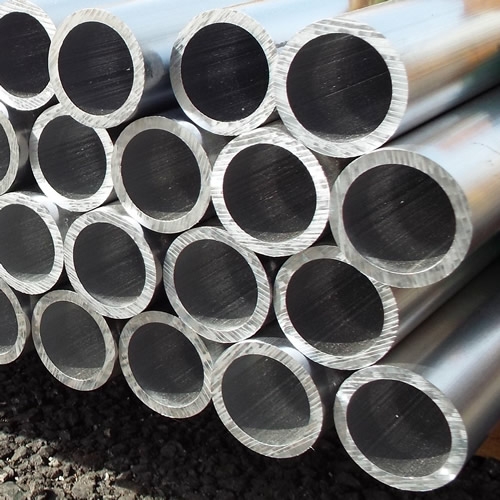Alloy Steel Pipe
Alloy steel pipes are known to deliver exceptional performance and are generally developed for meeting the demands:
Energy-related applications that involve Oil and Gas Drilling
Catering to domestic or industrial needs
In conveyance of fluids intended for critical high temperatures
In general corrosion service applications
In heat transfer process equipment like Boilers, Heat Exchangers
In General Engineering and Process Instrumentation applications
Description
Alloy steel pipe is a type of steel pipe that consists of alloying elements, such as manganese, silicon, nickel, titanium, copper, chromium, and aluminium. These alloying elements are added to increase the mechanical and chemical properties of the steel.
Alloy steel can further classify as:
Low alloy steels: in which the sum of total Alloying elements is < 5%
High alloy steels: in which the sum of total Alloying elements is > 5%
Physical Properties
Alloy steel pipes have a higher strength-to-weight ratio than conventional carbon steel pipes. This means they can withstand more pressure while maintaining their structural integrity. Additionally, they are much more resistant to corrosion and wear than traditional carbon steel pipes due to the addition of alloying elements which protect against oxidation.





